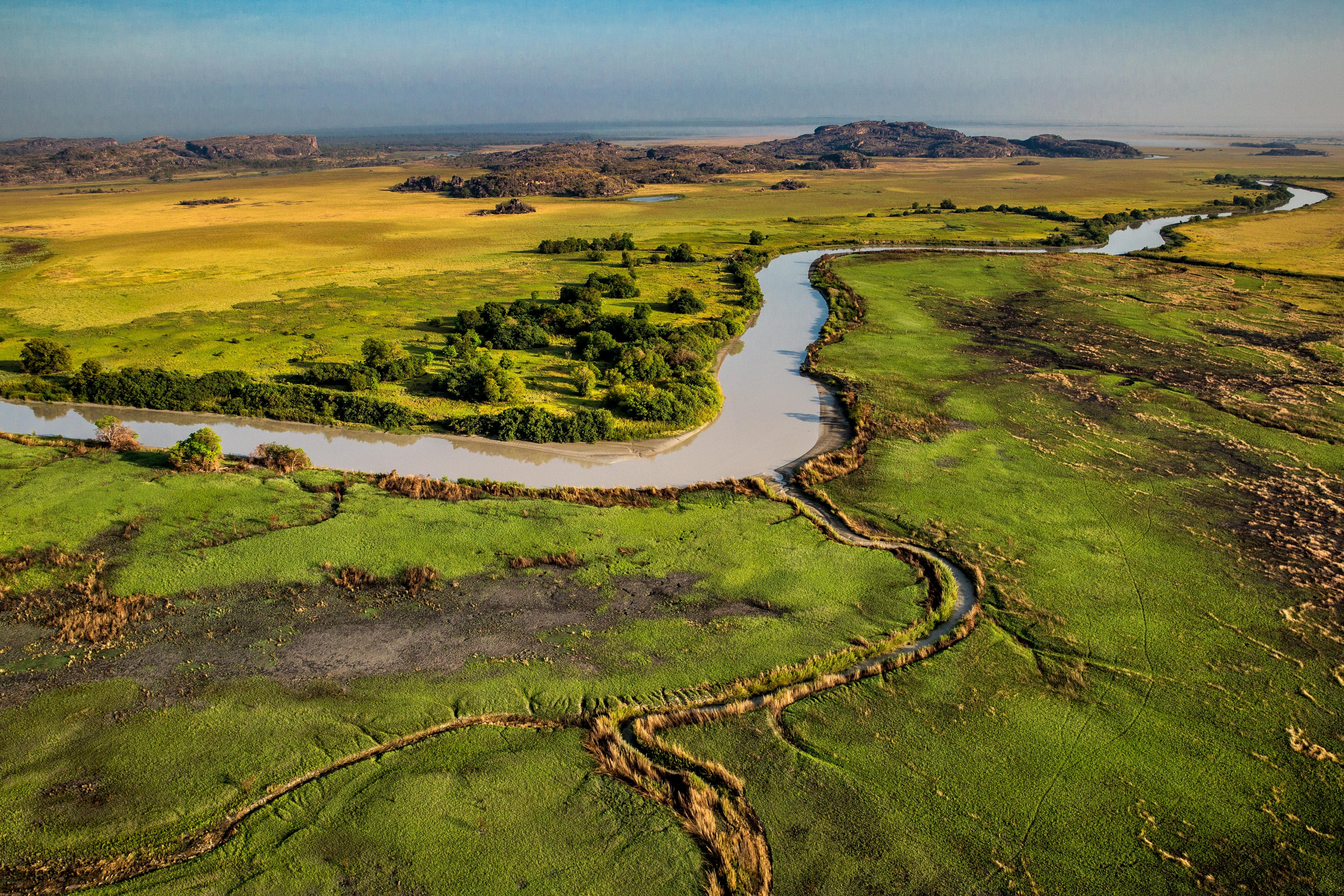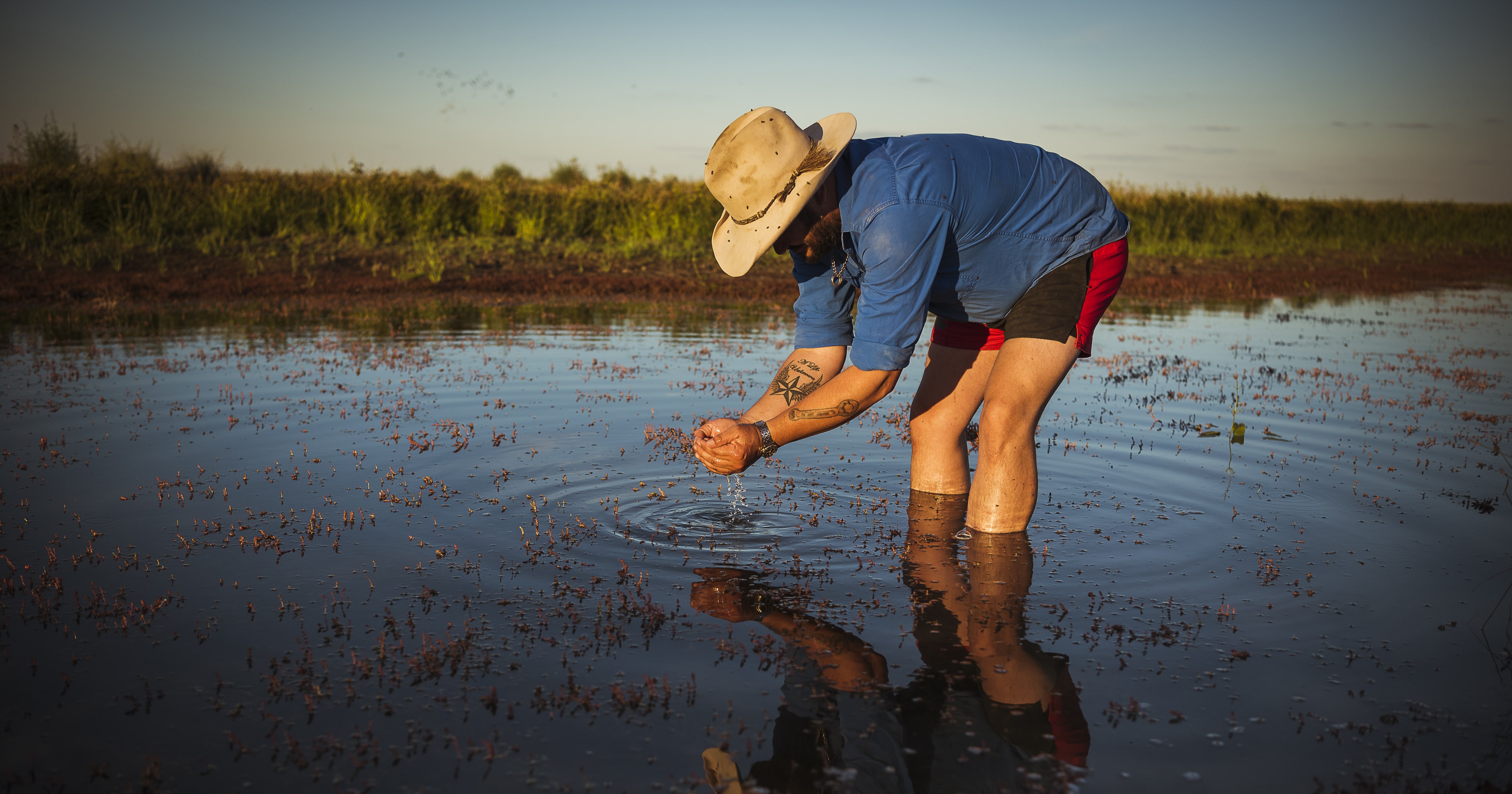Watertrust Australia is improving how water and catchment policy decisions are made in Australia
Watertrust Australia is improving how water and catchment policy decisions are made in Australia

Our vision
Our vision is that Australians see water and catchment policy and management as fairer and more legitimate.
We know many communities and stakeholders feel left out of important water decision-making processes and don't trust the decisions that are made.
We believe fairer and more legitimate decisions come from processes of decision-making that give people influence over deciding what the policy problems are and how they should be solved. It is our mission to apply and demonstrate more inclusive processes to developing water policy.

Why we exist
Our goals
We are working towards three goals:
1: Governments develop water and catchment policy through inclusive, legitimate and fair processes.
Australia's water policy decision-makers face countless challenges in navigating the many demands and considerations that come with water and catchment management.
We provide the support policymakers need to run better processes, engage meaningfully with stakeholders, and wade through the available evidence so they can create better policy with lasting impact for all.
2: Stakeholders meaningfully participate in water and catchment policy processes.
Water stakeholders frequently express frustration at water policy processes and often don't see policy decisions as fair or legitimate. They're frustrated at either being excluded from decision-making processes entirely, or feel like they're over-consulted but under-listened to.
They want to be involved in policy processes so policies are more likely to work for everyone, now and into the future. We want to make this transformation happen.
3: Engagement with evidence drives productive dialogue and debate.
Evidence is often cherry-picked and weaponised by interest groups to shut down debate and limit policy options. This creates more division and makes policy decisions harder.
We think its critical that policymakers and stakeholders engage with evidence in ways that expand the range of policy options so we can find solutions that work for everyone.
Watertrust Australia is playing a critical role for the nation. We drive independent and inclusive processes for the development of water and catchment policies that benefit everyone.
